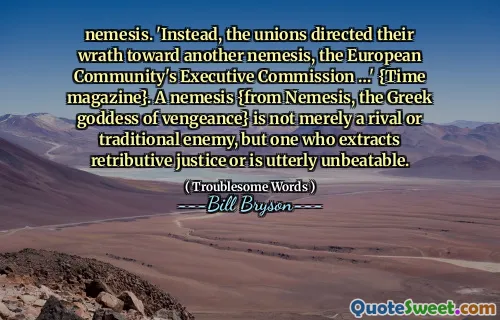hanged. 'It was disclosed that a young white official had been found hanged to death in his cell …' {The New York Times}. 'Hanged to death' is redundant. So too, for that matter, are 'starved to death' and 'strangled to death'. The writer was correct, however, in saying that the official had been found hanged and not hung. People are hanged; pictures and the like are hung.
In a recent article by The New York Times, a young white official was reported to have been found hanged in his cell. The phrase "hanged to death" is highlighted as redundant, similar to phrases like "starved to death" or "strangled to death." Such expressions are criticized for their unnecessary repetition, which can muddy the clarity of the message being conveyed.
Despite the redundancy issue, the writer correctly used "hanged" in reference to the individual. This distinction is important, as the term "hanged" applies to people, while "hung" is reserved for inanimate objects. The author, Bill Bryson, emphasizes these nuances in language, drawing attention to common pitfalls in writing.






